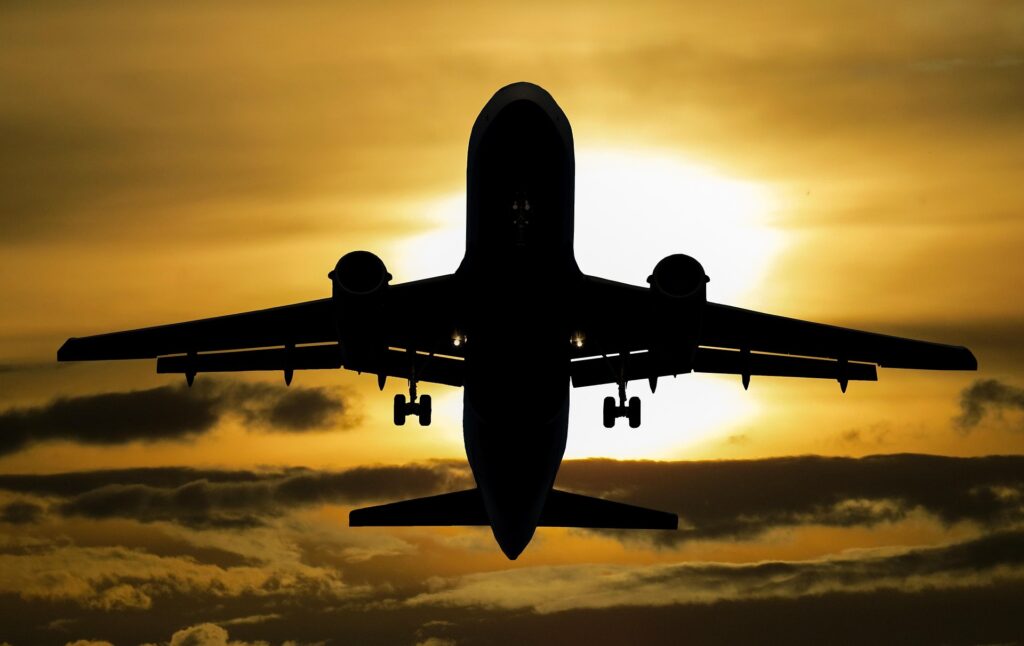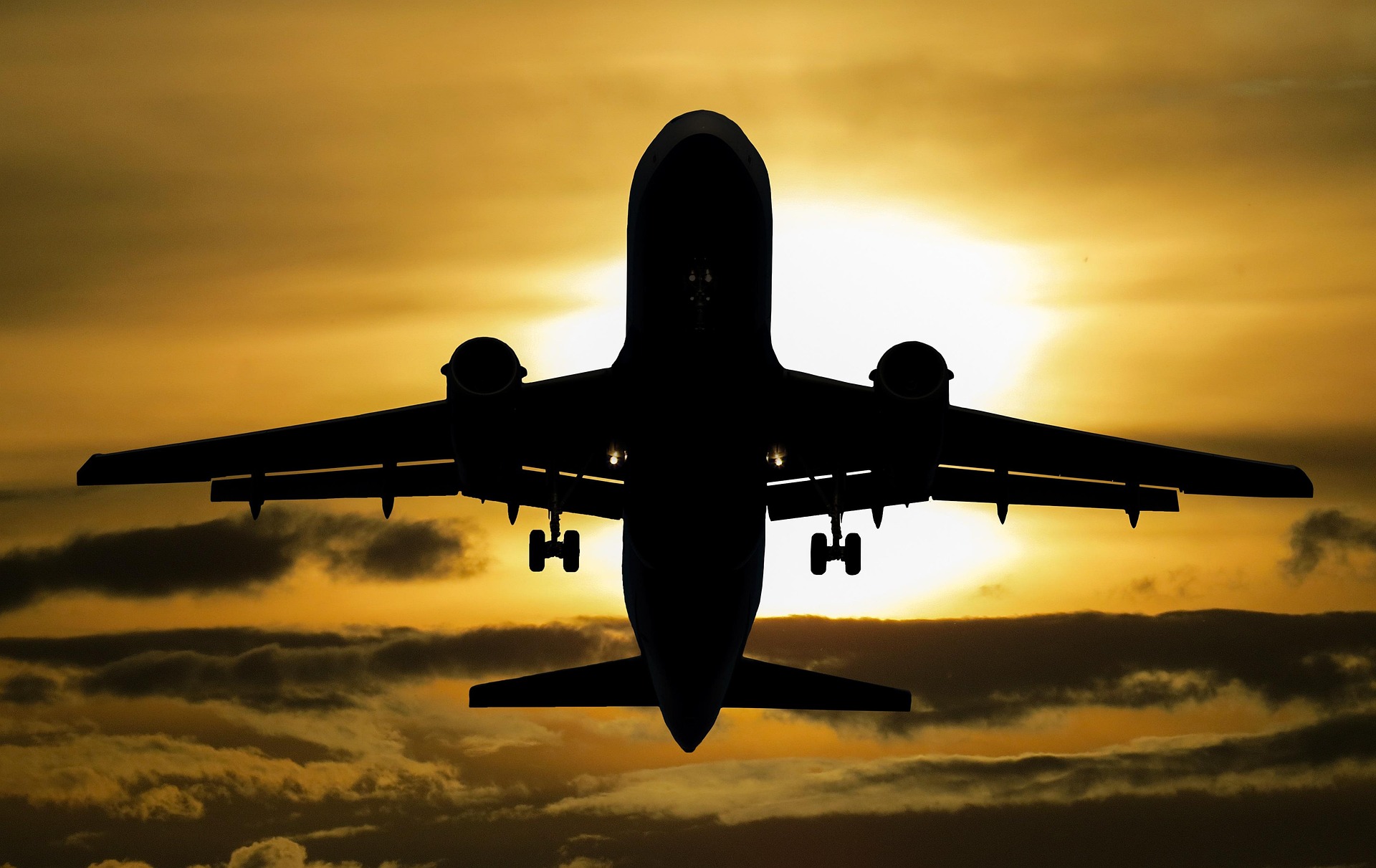Fatigue among aircrew members is a critical safety concern in aviation, as it can compromise alertness, attention, and decision-making abilities, potentially leading to accidents and incidents. To address this issue, regulatory bodies such as the European Aviation Safety Agency (EASA) have implemented rules governing flight duty time limitations and rest requirements for aircrew members. To measure the effectiveness of flight time limitations two studies have been conducted under supervision of EASA. By managing fatigue effectively, airlines and regulatory bodies can help prevent accidents and ensure the safety of passengers and crew.
Effective in managing fatigue
Following a previously conducted research study, the second flight time limitations research study (FTL2.0) was conducted by NLR as project lead, in collaboration with partners including DLR, the Finnish Institute of Occupational Health (FIOH), Stockholm University, and Jeppesen. The study used a mixed-methods approach, combining surveys, interviews, and data analysis. Over 220 flight and cabin crew members across eight airlines participated in a longitudinal field study. The key findings of the study were that current flight duty time limitations are largely effective in managing fatigue risks, and that duty duration remains the strongest predictor of fatigue, alongside start time, prior sleep quantity, and time awake.
The study also found that crew category and individual factors such as age and gender influenced fatigue levels, and that controlled rest was an effective tool for managing fatigue particularly during critical phases of flight.
“This large scale high quality study was unique in its kind”, states project manager and technical lead Dr. Alwin van Drongelen of NLR. “As a research consortium we are excited that the results were well received by the stakeholders, and that EASA has indicated to embrace our results, and will continue working with stakeholders to define the strategic path forward, integrating this study into its Best Intervention Strategy (BIS) on Aircrew fatigue”.
Recommendations
Based on the results, EASA was provided with several recommendations, including expanding current requirements for ‘appropriate’ fatigue risk management (FRM) and applying it to all flight duty periods lasting ten hours or more.
Additionally, the study recommended remaining the existing 18-hour awake time cap during standby duties, although additional measures could be taken to maximize crew sleep opportunities before long duties. The study also suggested that controlled rest should not only be used as effective measure in response to unexpected fatigue but also to proactively manage predictable fatigue. The research consortium provided EASA with a number of recommendations for future research as well, in order to validate the findings of the current study, and to guide the next steps in ensuring safe and sustainable aircrew scheduling.

For additional information about the project, see here at the EASA website. For questions you can contact the project manager & technical lead Dr. Alwin van Drongelen (Alwin.van.Drongelen@nlr.nl).
This project has received funding from the European Union’s Horizon 2020 research and innovation programme under grant agreement No MOVE/B3/SUB/2020-243/SI2.826742.The research action is based on the Horizon 2020 Work Programme Societal Challenge 4 ‘Smart, green and integrated transport’.




